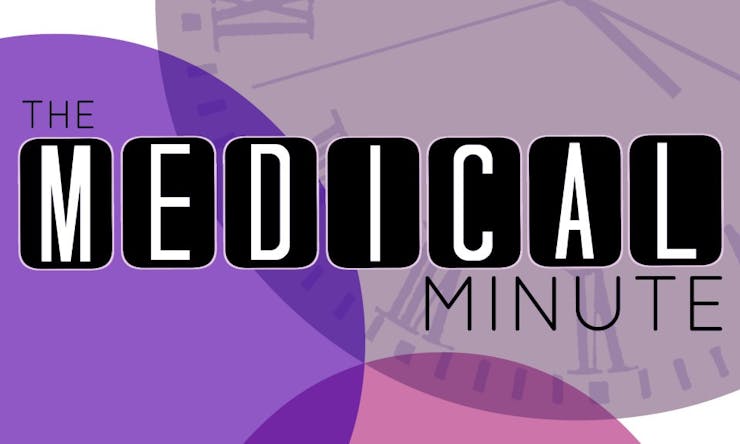This week's Medical Minute touches on drug legality as it is reflected by our collective decision-making before delving into the science of cannabis, including the molecular distinction between hemp and marijuana and an array of therapeutic applications for both physical and mental disorders. The link between gifted children and the decision to use illegal drugs later in life begs for explanation: is this a conglomeration of stimulation, independent thought, and risk affinity, or suggestive of a disconnect between policy and practice?
On a separate note, the comparison between alcohol and cannabis seems to consistently illicit charged debate, with the issue of medicinal value remaining central. At least in the case of mental health, cannabis seems to reign supreme, as supported by the final study examining mortality rates of the psychotically disordered who medicate with cannabis.
1. Smart Kids Do Drugs?

High childhood IQs have been associated with adolescent and adult illegal drug use. The 1970 British Cohort Study found that IQ scores at 5 and 10 years of age were positively associated with illegal drug use at 30 years of age. The study found this association to be strongest amongst women and independent of adolescent psychological distress and socioeconomic status. Should these results be widely representative, this finding could significantly characterize the cultural attitudes of our time.
2. Plant Genetics Define the Difference Between Hemp and Marijuana

There seems to be a disturbingly prevalent misunderstanding regarding the psychoactive properties of hemp (which today is commonly sold in many grocery stores). Even for those who understand that hemp, unlike marijuana, is not psychoactive, they're hard-pressed to explain why. Fear no more: the recent genomic sequencing of Purple Kush has revealed the molecular differences between cannabis and hemp. This facilitates the development of therapeutic strains with detailed profiles, laying the foundation for limitless strain diversification and specialized breeding. Now the next time the marijuana/hemp impassioned debacle finds its way into the discussion, impart your wisdom. You’re welcome!
3. Prostate Cancer Patients Find Relief in Cannabis

For patients suffering from prostate cancer, the second leading cancer for men in the United States, cannabis as a tool for pain management is only the tip of the therapeutic iceberg. Cannabis may yield significant prostate cancer treatment potential thanks to its anti-androgenic properties, i.e., the herb deactivates androgens (male hormones that stimulate cancer cell growth). The herb also indirectly lowers opioid dependency by reducing narcotic consumption. Good news, all around.
4. Skin Disease May See Utility in Cannabis, Too

Similar cellular interaction that cannabis plays in cancer treatment also has application for skin disease. Multiple phytocannabinoids were found to influence the expression of genes that play an integral role in epidermal physiology. The identification of these phytocannabinoids forms the platform for the development of therapeutics targeted towards skin disease treatment.This posits the presumption that any ailment related to cellular reproductive dysfunction could theoretically utilize cannabis therapeutically.
Shop highly rated dispensaries near you
Showing you dispensaries near5. Cannabis Reduces Mortality Risk of the Psychotic, Unlike Alcohol

Over a four to ten year period, substance use and mortality rate of approximately 750 people with psychotic disorders (including schizophrenia) were monitored. The results showed no link between alcohol and mortality, but did reveal a lower risk of mortality for those who used cannabis than those who did not. Although suggestive at best, this study does prompt further investigation into the association between cannabis use and improved mental health.





